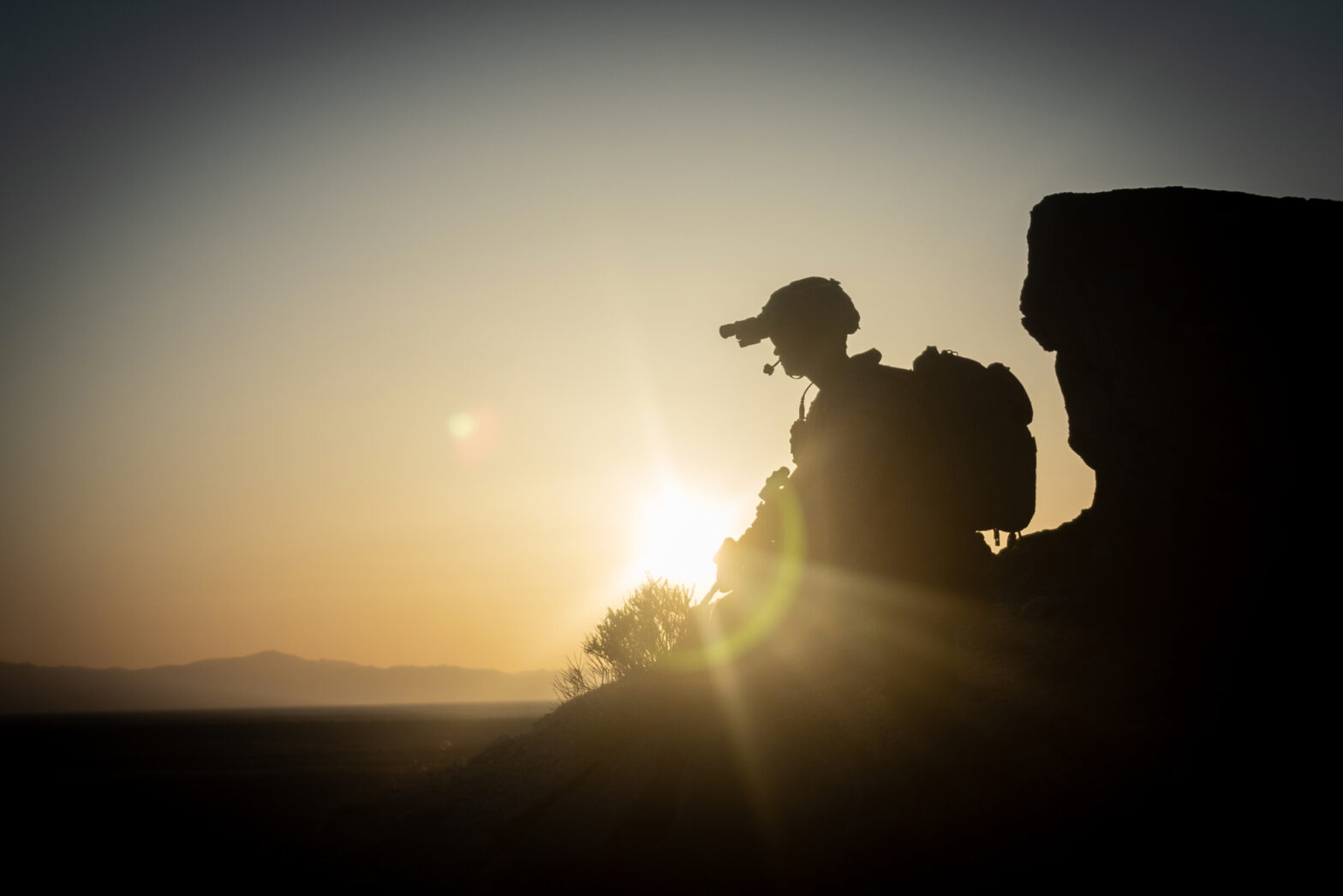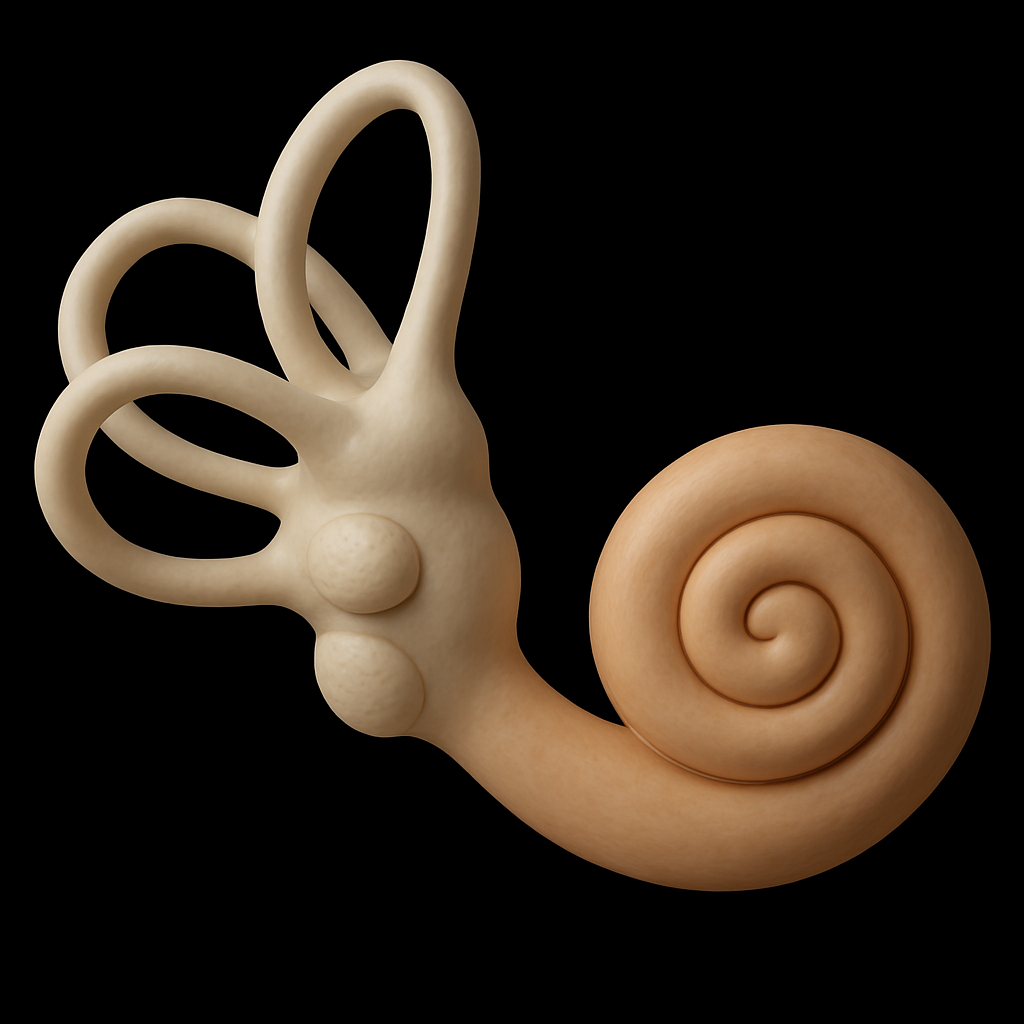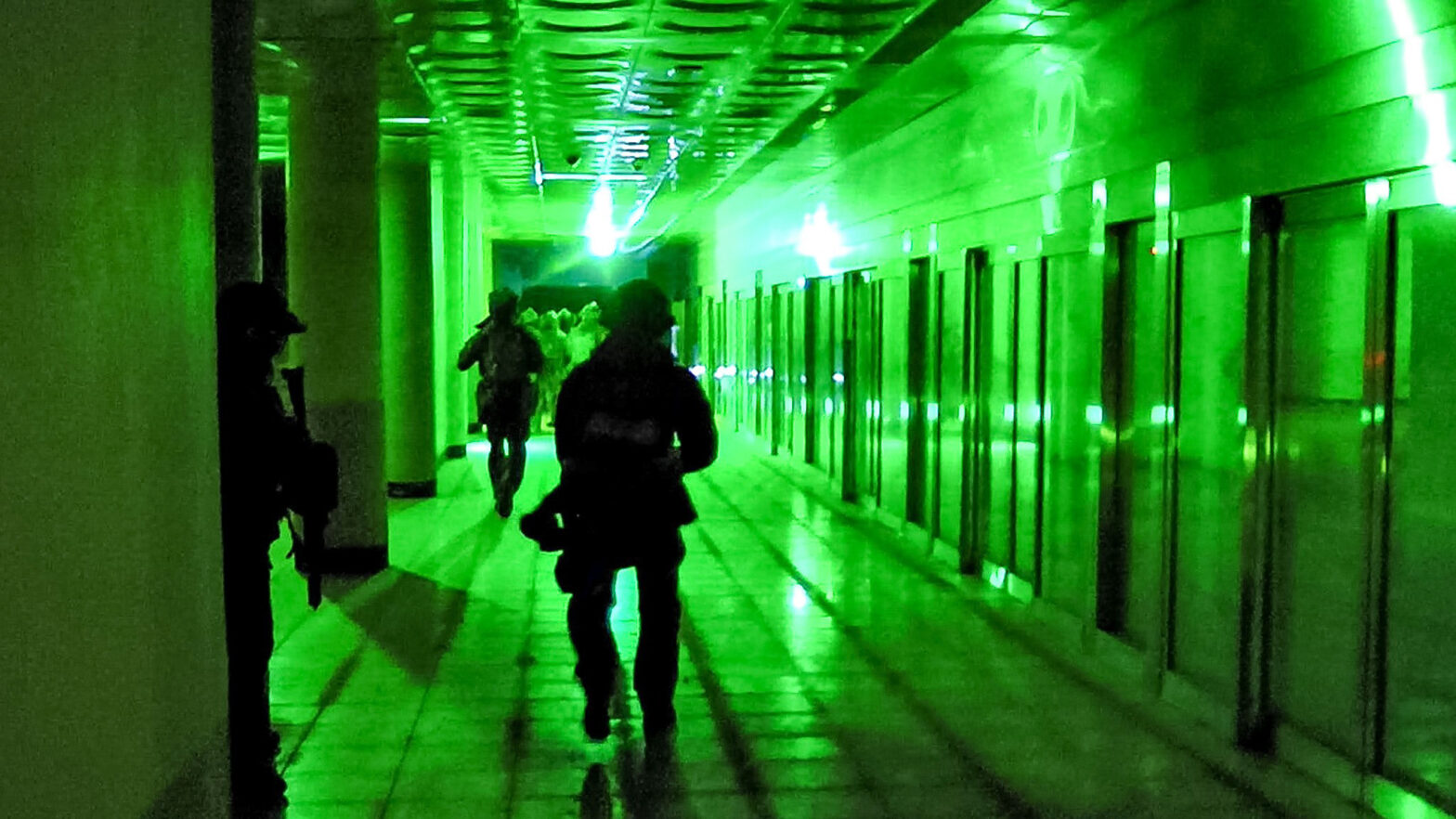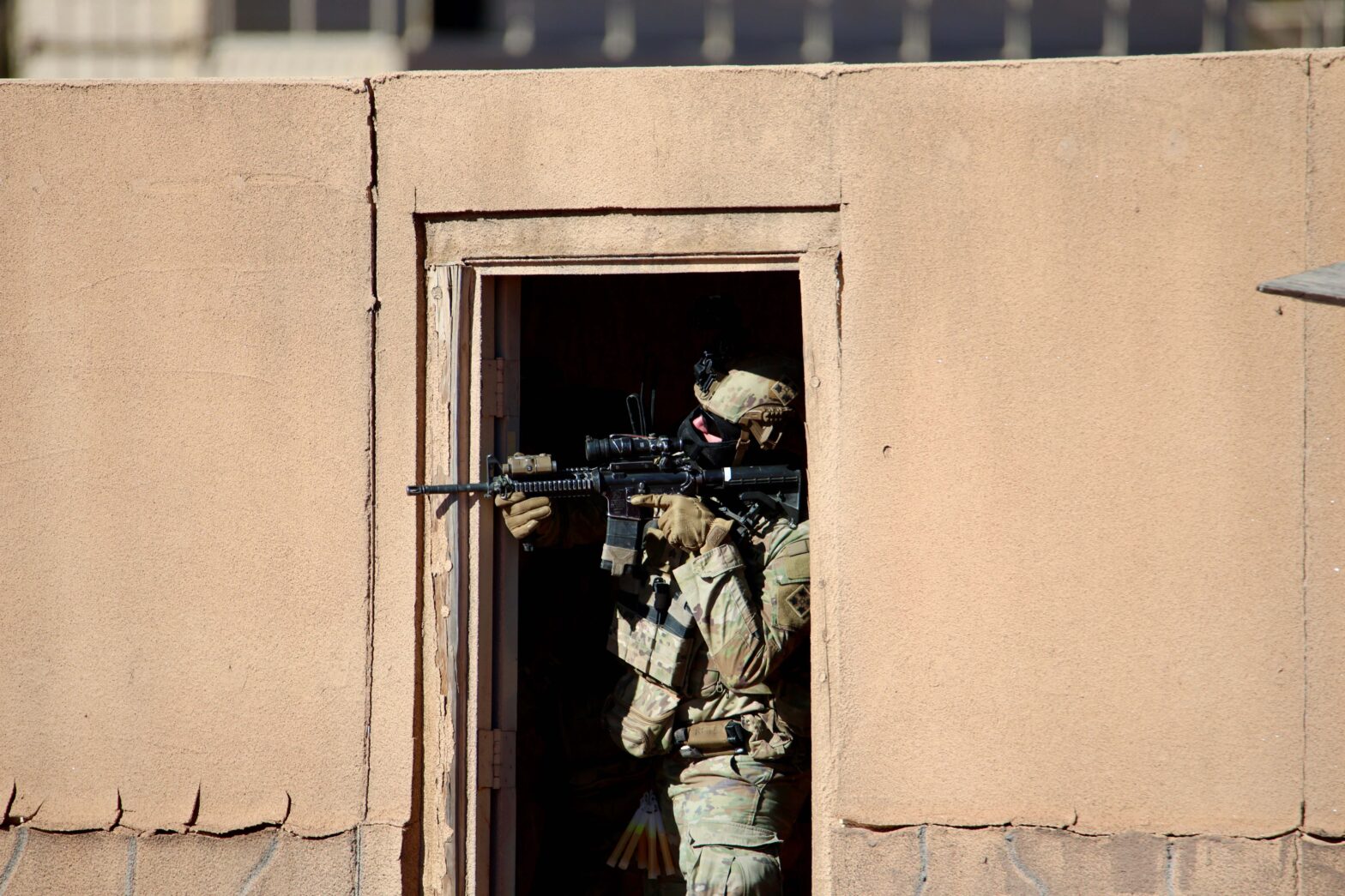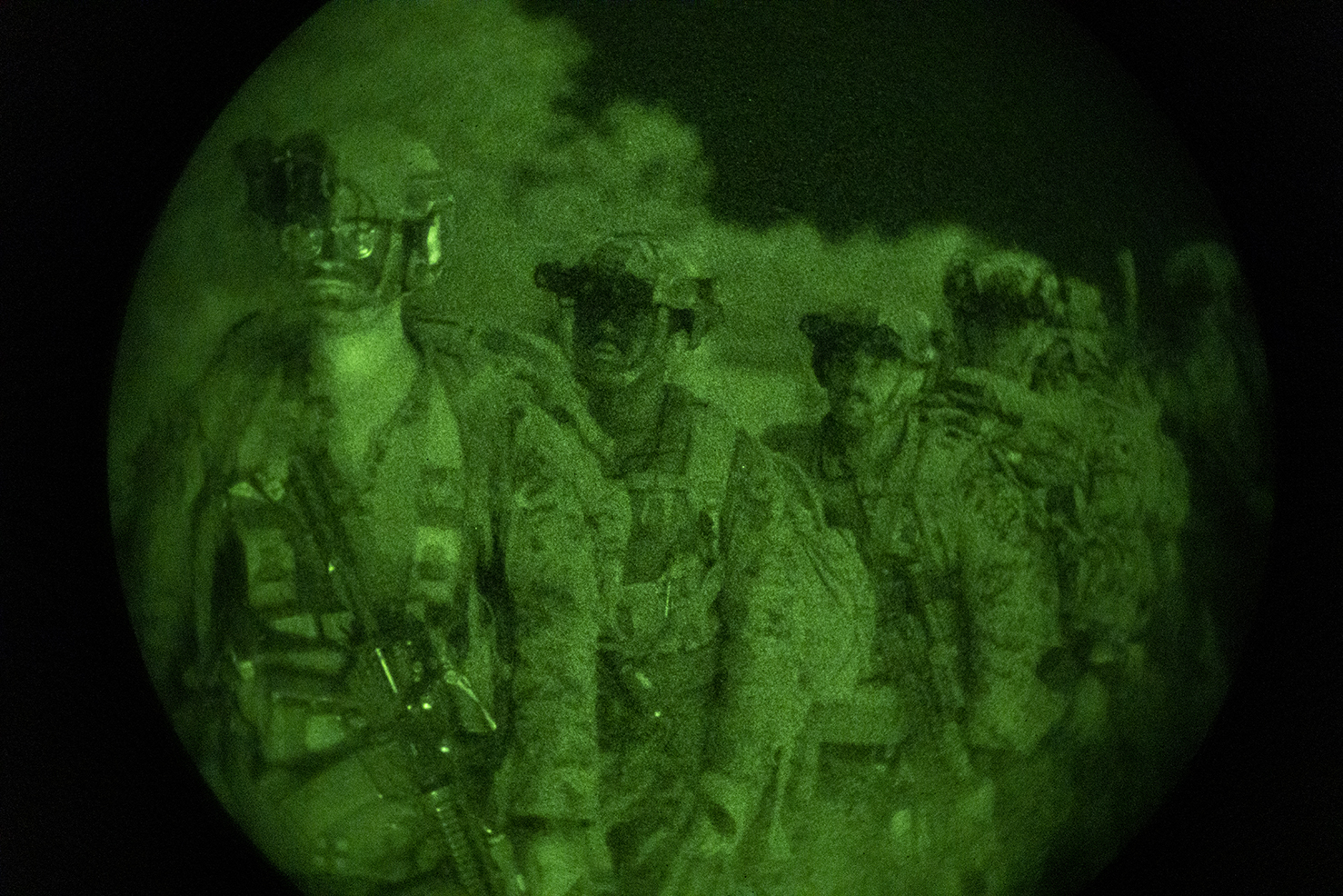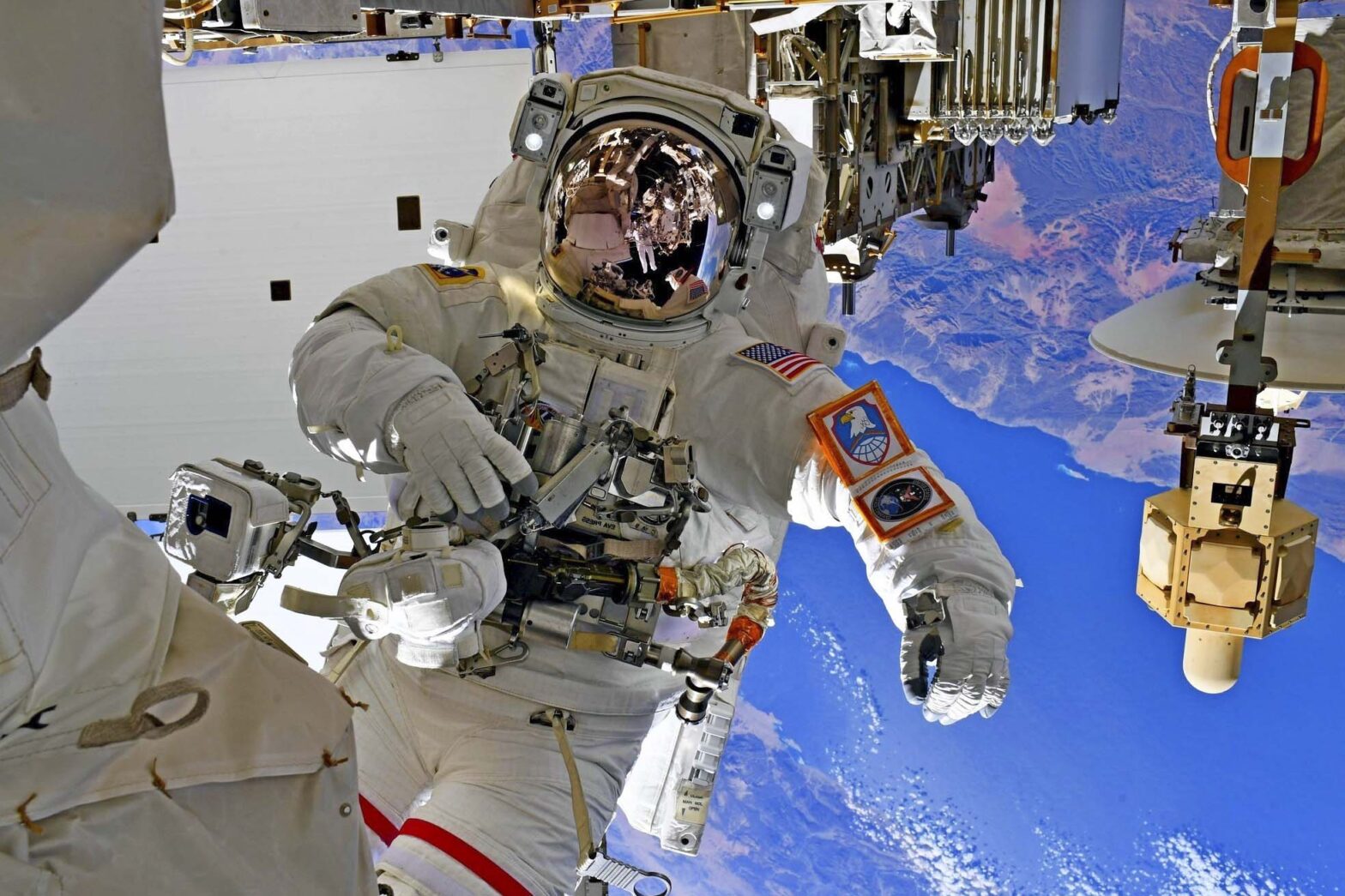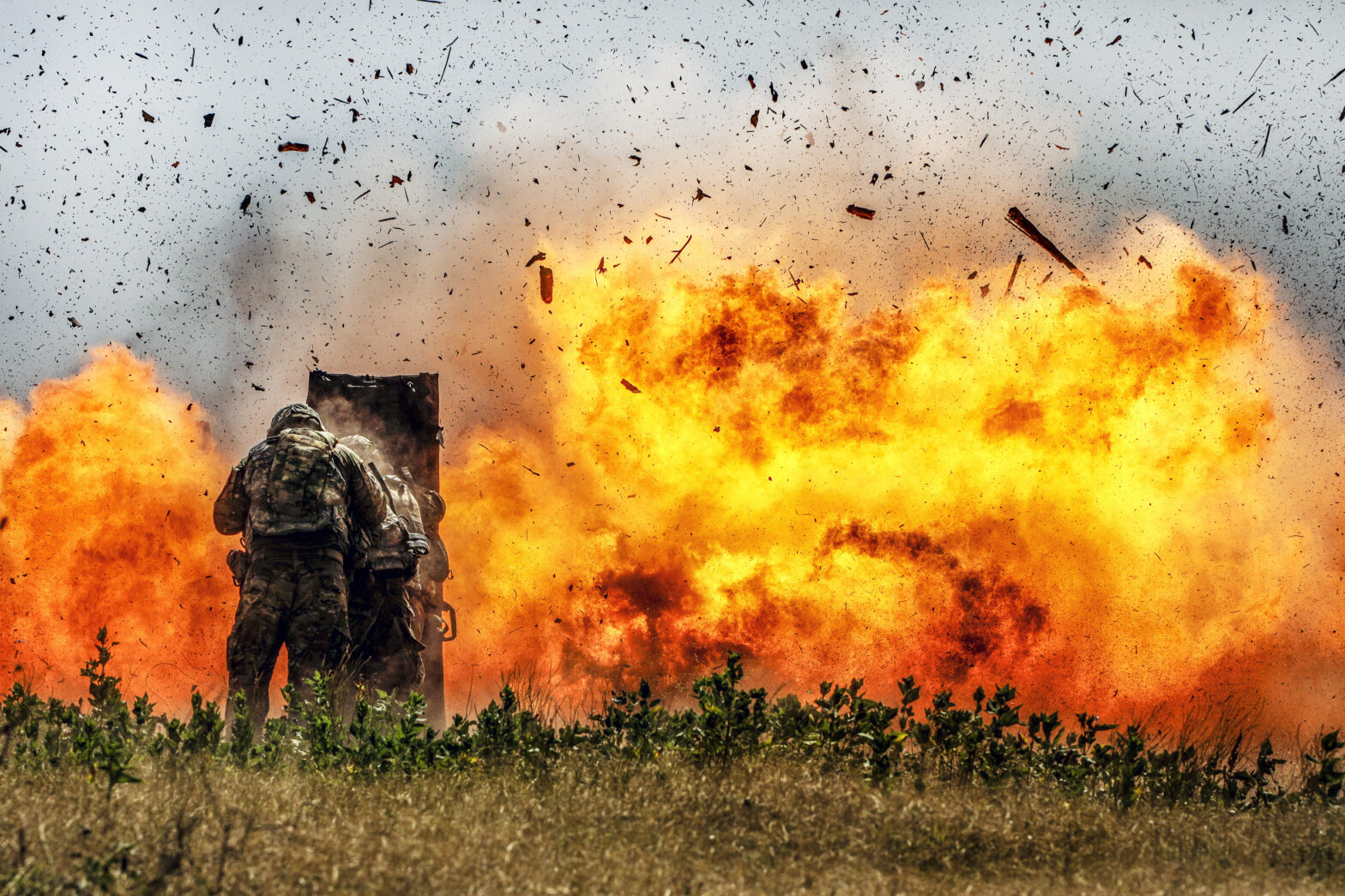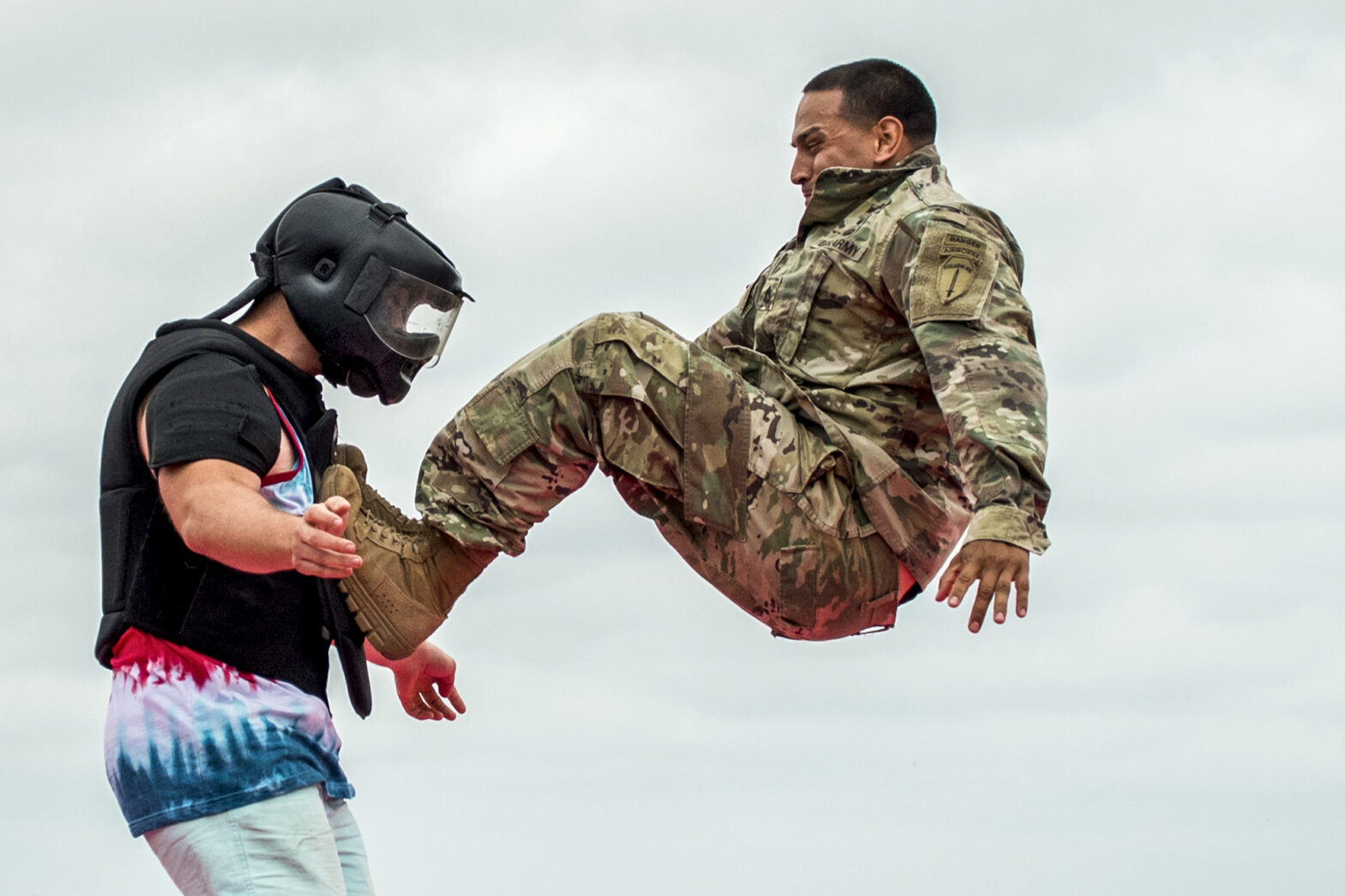There have been many advancements in technology to provide protection from blast exposure, including limiting direct passage through the skull, compression of the torso causing a transfer of kinetic energy to the brain, and through protecting the chest and lungs to reduce hypoxia. [1] Another potential site of blast overpressure transmission is through the ear… Continue reading The Ear and Blast Induced Neurotrauma
Tag: Vestibular system
The Vestibular System and Cognition
Vestibular function and cognition are closely related, with studies showing that individuals with dysfunction of the vestibular system frequently show deficits in attention, working memory, executive function, and spatial orientation. [1] The vestibular system is in the inner ear, just deeper than the hearing system. It is vulnerable to blast overpressure and ear pro does… Continue reading The Vestibular System and Cognition
Violence of Action
Entering a room with violence requires the ability to produce a high force of movement with your eyes up, maintaining visual clarity, and control deceleration into a stable shooting platform. These are all key capabilities of the vestibular system. Eyes Up Moving with your eyes up depends on your vestibular and proprioceptive systems to maintain… Continue reading Violence of Action
The Vestibular System and Maintaining Position
One exercise I like to incorporate in training is movement with eyes closed. This is a more advanced way to load up the vestibular system and decrease reliance on the visual system for ownership of movement. Alternating lunges with eyes closed are a great example of a simple, but not necessarily easy way to train… Continue reading The Vestibular System and Maintaining Position
Breaking Down Threshold Assessment: The Sensorimotor Components
Slicing the Pie Slicing the Pie involves a slight head tilt and re-orienting the head upright. The ability to perform this skill quickly while maintaining visual clarity requires the vestibular system. Specifically, the vestibulo-ocular reflex (VOR) in the roll plane. Kettlebell oblique sidebending is performed in this same plane, and through the addition of a… Continue reading Breaking Down Threshold Assessment: The Sensorimotor Components
Sensorimotor Skills
Blasts have been used in war for centuries. In fact, there is evidence of gunpowder bombs that date back to the Tang dynasty (circa 618-907 AD). [1] Though warfare and weapons have evolved since the Tang dynasty, blasts have remained a consistent variable of war. Sensorimotor skills are also a consistent variable of war, the… Continue reading Sensorimotor Skills
Astronaut Training for Mars: What Tactical Teams can Learn
Astronauts undergo rigorous training in preparation for spaceflight. One challenge that astronauts face in preparation for mission to Mars is what is called sensorimotor dysfunction. During spaceflight, astronauts experience prolonged zero gravity conditions, so the sensory systems responsible for movement – vestibular, visual, and proprioception – are sending altered information to the brain than when… Continue reading Astronaut Training for Mars: What Tactical Teams can Learn
Target Training: Breacher
I’ve been building out a 12-week program on Teambuildr that develops situational awareness capabilities specific to the demands Breachers face. No matter the position, situational awareness, target focus and acquisition, and ownership of movement can all be broken down to loading the visual, vestibular, and somatosensory systems. We can just load in different ways. Here… Continue reading Target Training: Breacher
Blasts and the Ear Canal
Primary blast injury is that due to the overpressure of the blast. Primary blast overpressure can travel through the abdomen, ears, eyes, nose, neck and mouth. The brain, lungs, intestines, eardrum, and peripheral vestibular system are particularly vulnerable to primary blast overpressure. Study by Sandlin et. al 2018 isolated blast overpressure waves to the… Continue reading Blasts and the Ear Canal
How I Progressively Load Vergence
Vergence is a vital situational awareness capability. It is the ability to keep a target in focus with forward/backward movements. Vergence requires your eyes to move in separate directions, like “cross-eyed” as a target is moving closer to you, as well as back away from you. Vergence is important to train in tactical athletes as… Continue reading How I Progressively Load Vergence
